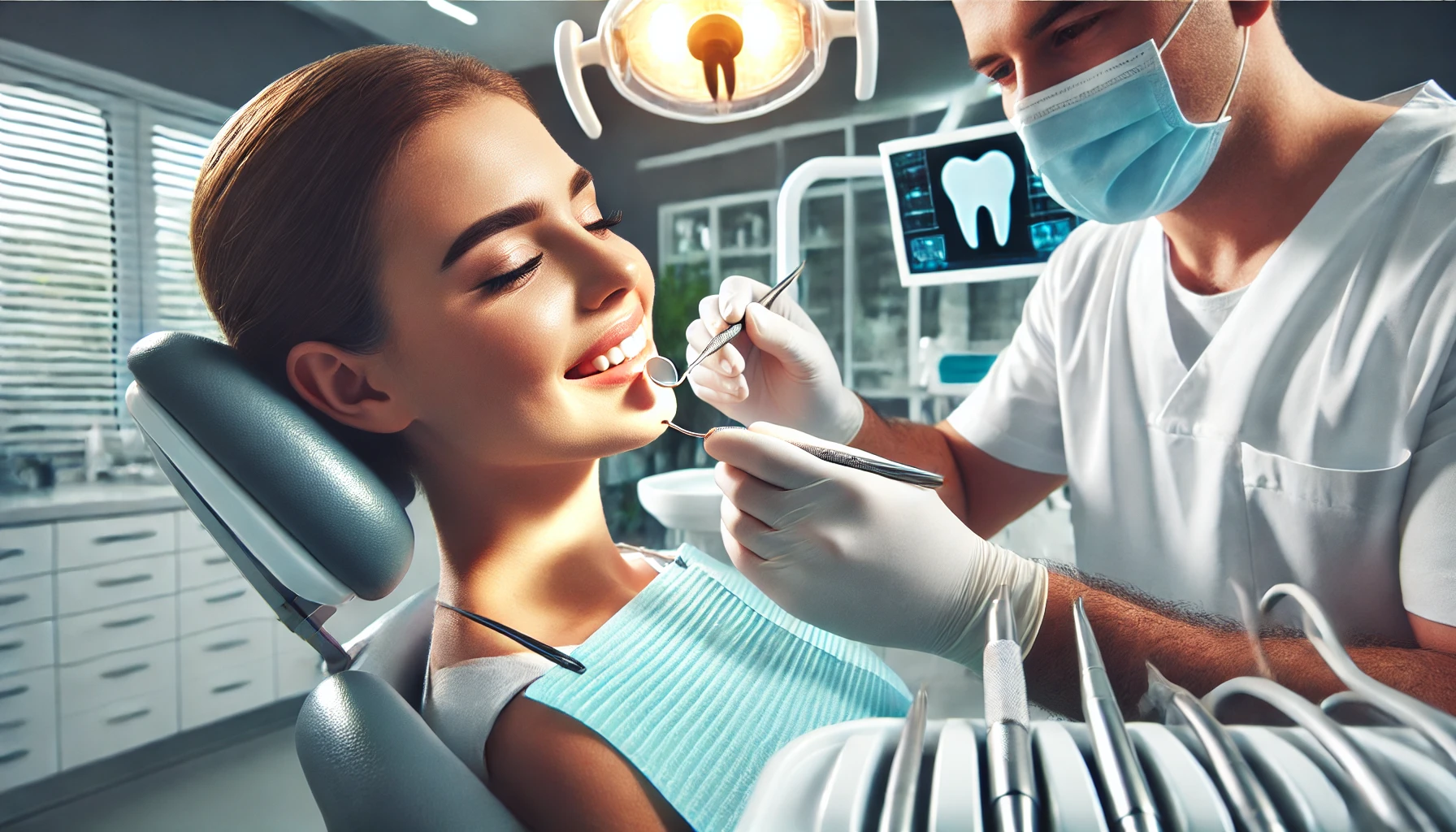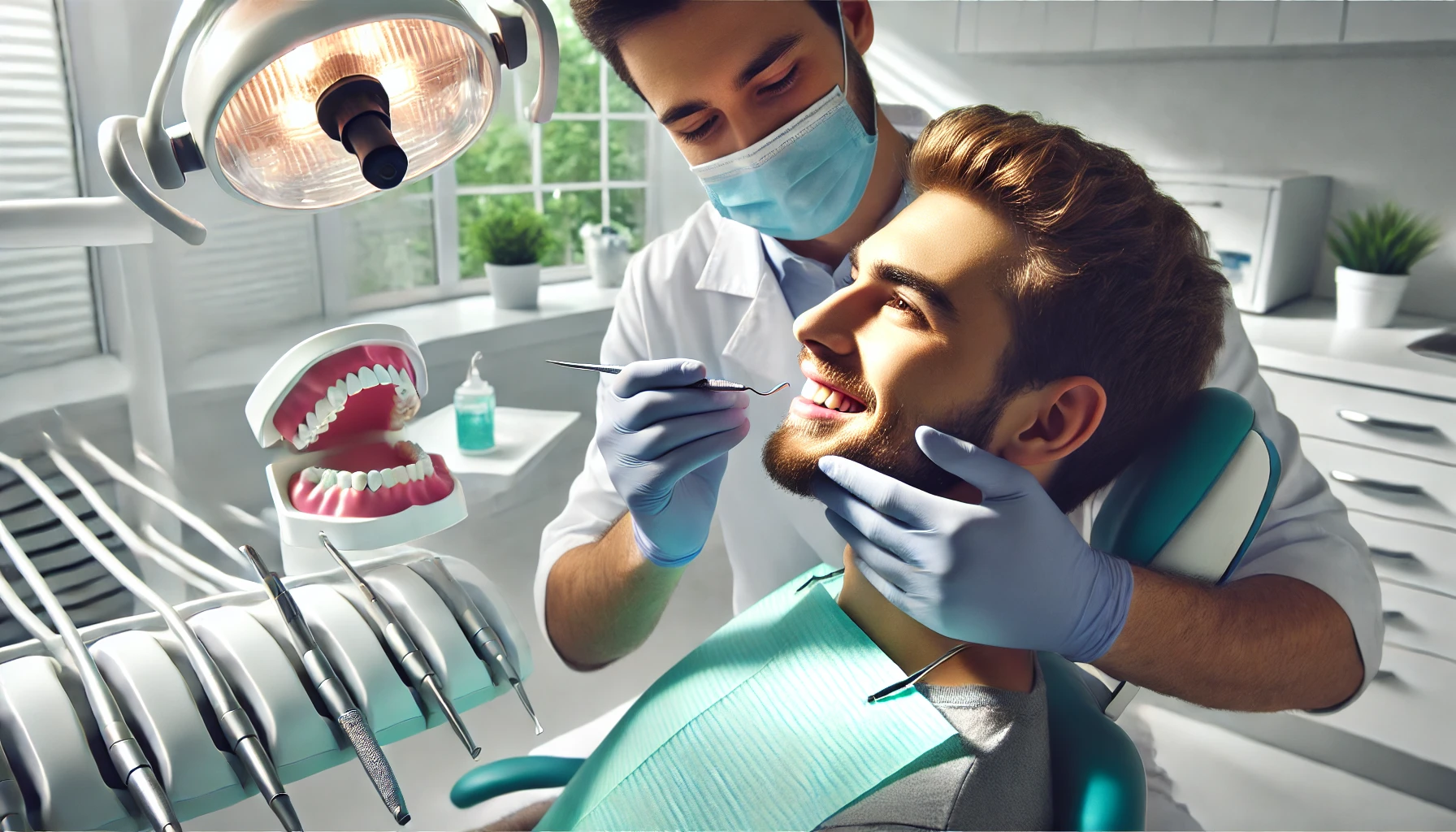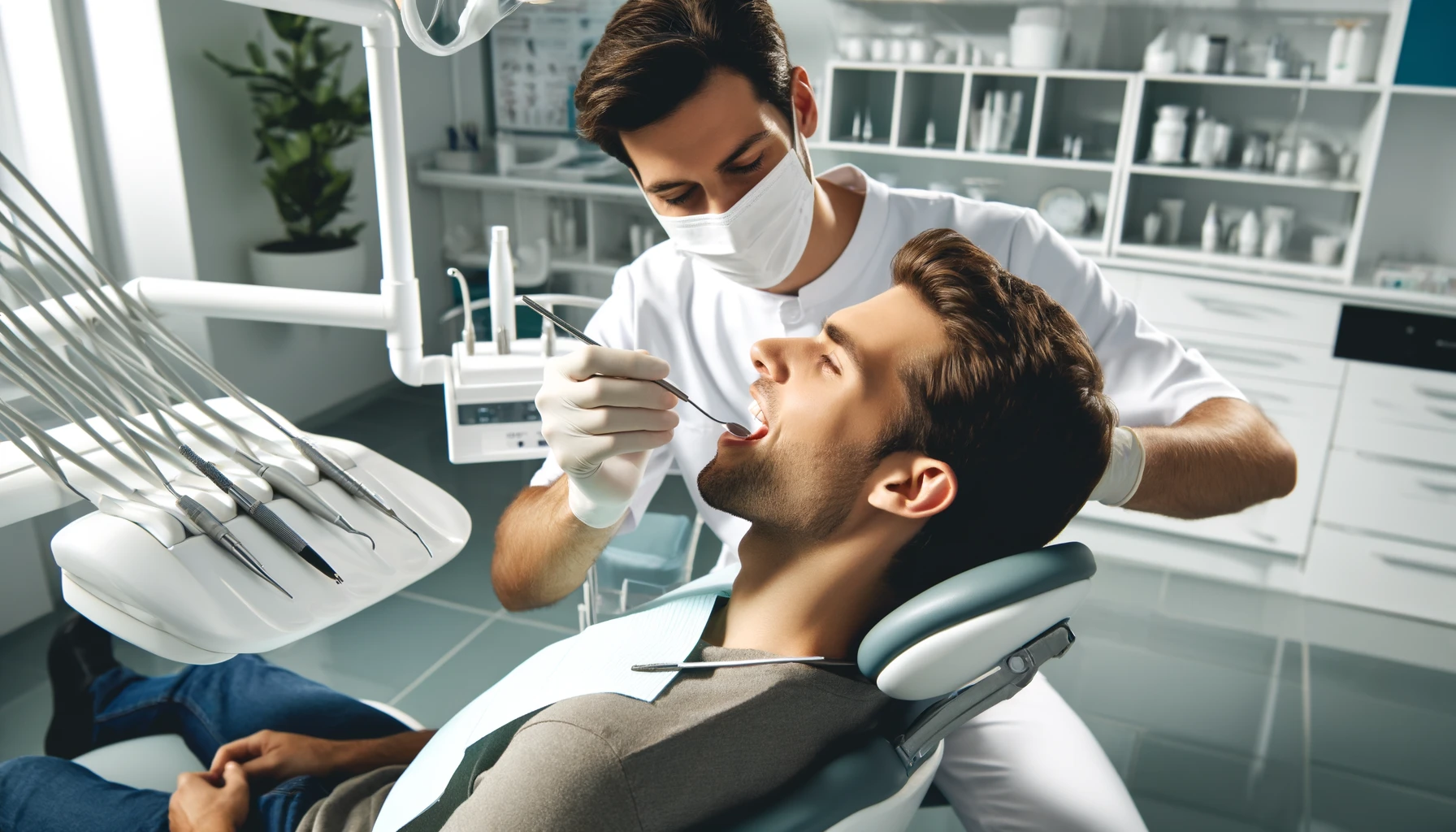Maintaining good oral hygiene at home is crucial, but it’s not enough to ensure optimal oral health. Regular dental checkup are vital for detecting issues early, preventing future problems, and keeping your smile healthy.
This article will explore the importance of routine dental visits, the benefits of professional cleanings, and why consistent care from tannleger can help you avoid more invasive treatments down the road.
What to expect during a dental checkup
During a dental checkup, you can expect a thorough examination of your teeth, gums, and overall oral health.
The dentist will check for cavities, plaque buildup, and signs of gum disease. X-rays may be taken to get a closer look at the underlying structures and detect any hidden issues. A professional cleaning will remove tartar and polish your teeth for a fresh, healthy feel.
The dentist might also discuss your oral hygiene habits, offering personalized advice and recommending treatments or lifestyle changes to maintain optimal health. This routine evaluation is crucial for early detection and prevention of potential dental problems.
How often should you have a dental checkup?
It is recommended visiting the dentist every six months for a routine checkup and cleaning. However, your specific needs may vary depending on factors such as age, overall health, and any existing dental conditions.
Your dentist may recommend more frequent visits if you have a history of dental issues or are at a higher risk for developing them. On the other hand, if you have excellent oral health and low risk factors, your dentist may recommend less frequent visits.
It’s essential to follow your dentist’s recommendations and maintain consistent care to avoid future problems.
Benefits of routine dental checkups for preventing problems
Regular dental checkups can help prevent future dental problems by detecting issues early and addressing them before they become more severe.
For example, a small cavity can be detected during a routine checkup and filled before it becomes bigger and requires a more invasive procedure such as a root canal. Similarly, signs of gum disease can be caught early on, preventing the need for extensive treatment or even tooth loss.
Through regular cleanings, tartar and plaque buildup can be removed, reducing the risk of gum disease and tooth decay. Additionally, your dentist may perform oral cancer screenings during these visits to catch any potential issues early on.
How to prepare for your next dental checkup
Before your next dental checkup, ensure you maintain consistent oral hygiene by brushing and flossing daily.
Gather any records of recent changes in your oral health or relevant medical history to discuss with your dentist.
Make a note of any specific concerns or questions you want to address during your visit. It’s beneficial to avoid eating or consuming sugary beverages right before your appointment to ensure your teeth are clean for examination.
Lastly, arrive a few minutes early to allow for any necessary paperwork and to settle in, ensuring a stress-free experience at your dental checkup.
Here’s why regular dental checkups are essential for maintaining healthy teeth:
- Early detection of problems: Regular checkups allow dentists to identify issues like cavities, gum disease, and oral cancer early, preventing the need for more invasive treatment.
- Professional cleanings: Even with daily brushing and flossing, plaque can build up on your teeth. A professional cleaning removes this buildup, preventing tooth decay and gum disease.
- Custom advice: Dentists offer personalized advice for improving your oral hygiene routine, from selecting the right toothpaste to tips for proper brushing and flossing techniques.
- Preventive care: Regular visits help you stay on top of your oral health, reducing the likelihood of developing more serious problems down the line.
- Comprehensive care: Dentists monitor the health of your teeth, gums, and mouth, providing an all-encompassing approach to maintaining your smile.
Summary
Regular dental checkups play a crucial role in maintaining your oral health by offering preventive care, professional cleaning, and early detection of potential issues.
By visiting your dentist regularly, you can keep your teeth healthy, prevent future complications, and ensure that your smile stays strong for years to come.
Questions and Answers
Why are regular dental checkups important?
Regular checkups allow tannleger to detect problems early and provide preventive care that helps maintain your oral health.
How often should I have a dental checkup?
It is recommended to visit the dentist every six months for a routine exam and cleaning.
What happens during a dental checkup?
Your dentist will examine your teeth, gums, and mouth for signs of problems and provide a thorough professional cleaning to remove plaque and tartar.
Can regular checkups prevent cavities?
Yes, regular checkups can help prevent cavities by detecting decay early and removing plaque before it leads to cavities.
What should I expect after a dental cleaning?
After a professional cleaning, your teeth will feel smooth and clean. The dentist may provide tips for maintaining this cleanliness at home.
How does professional cleaning differ from home brushing?
A professional cleaning removes hardened plaque (tartar) that brushing and flossing at home cannot, helping to prevent gum disease and decay.
Can skipping dental checkups lead to more serious problems?
Yes, skipping checkups can allow small issues to become more serious, leading to more invasive and the dental costly treatments later on.
How can I improve my oral hygiene between checkups?
In addition to brushing and flossing daily, using a fluoride toothpaste and visiting your dentist regularly will help maintain healthy teeth.
Do dental checkups include oral cancer screenings?
Yes, many dentists perform oral cancer screenings as part of the routine exam, checking for signs of abnormalities in your mouth.
How do regular dental visits contribute to overall health?
Maintaining good oral health through regular checkups can help reduce the risk of systemic health issues, such as heart disease, that are linked to poor oral hygiene.







